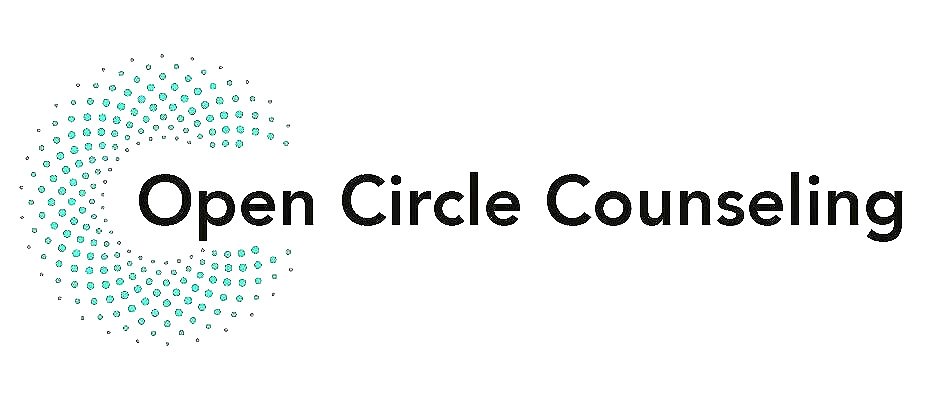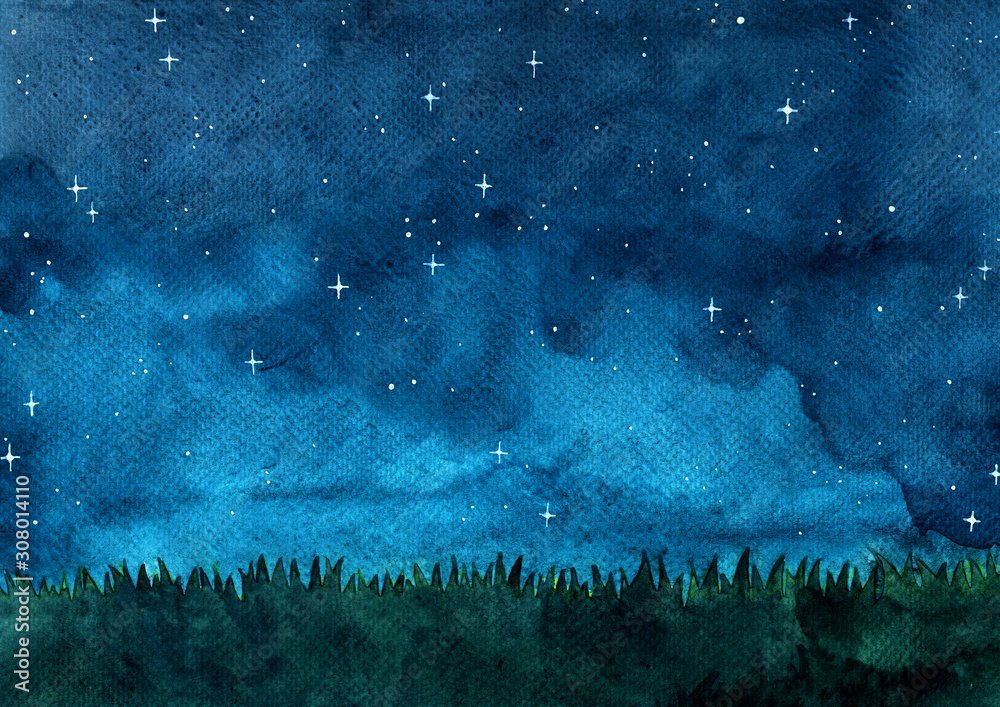“Those who contemplate the beauty of the earth find reserves of strength that will endure as long as life lasts.”
Are you overwhelmed by Climate Change?
Do weather changes and increased weather-related catastrophes topple your sense of normalcy? Are you preoccupied with fears, worries, sadness, and anger around climate change? Do you feel ill-equipped to face unknowns about how our world will be changing? Are you currently wrestling with emotions that impede your ability to feel empowered and able to take valuable action against continued climate destruction? Do you feel like the complexity of climate change is impacting your mental health and need support?
You are not alone—although it can feel like it. Many people do not want to “go there” to discuss and process climate change’s impacts. Let it be known there is a place and space for you.
Here are climate issues I hear from clients:
Since the fires, any smell of smoke makes me jittery on edge. I’ll never forget having to evacuate, but I only remember fragments of it. It all happened so fast.
I feel like all of this is out of my control; anything I try to do won’t make a difference.
I FEEL ANXIOUS AND SAD when I think about my child’s future. How do I explain to them what is happening? How do I deal with what is happening?
I feel like no one else is talking about this, that everyone’s just pretending everything is fine, or maybe they’re just handling climate stuff better than me.
Did I make a mistake having a kid?
Should I even bring a child into this world?
I’ve had it so good for so long. I’m realizing how much privilege I carry and am looking at my motivations to keep my lifestyle the same. I feel some shame and guilt about that and am trying to reckon with that, as well as wonder what I will do next.
My work involves climate, and I am surrounded by it all day. I don’t know how to cope and feel like I know too much.
I’ve struggled with anxiety and depression all my life, and my climate despair makes it hard to function.
I feel separate and alone.
I’ve always struggled with change; it scares me to think about how much my life could change.
If I have to buy one more thing packaged in plastic, I will erupt.
Climate Impacts Our Mental Health
You may realize climate anxiety, grief, and existential dread (and many other climate-related psychological experiences yet to be formally named) are showing up in your life.
You may be preoccupied with climate, reading all the news you can find—and realizing that doom scrolling is not helping your mental health or your relationship to nature, environment, or taking action. You may feel isolated from friends and family—that if you bring up your fears about climate, they may change the subject, judge you, or tell you, “It’s out of your control, so why worry about it?”
You may even realize you get anxious and panicked about what could happen to our world over the next 5, 10, 30 years. You may know you need tools to help you manage your anxiety, grief, and anger, yet don’t know what to do.
You may feel intense sadness around the loss of predictability, the loss of species, and the loss involved in noticing when fewer summer thunderstorms or winter snows happen.
You may want to figure out how to have a thriving present-day life without feeling guilty when you know your privilege often shields you from directly experiencing the repercussions of climate change.
You may need to find ways to cope with the glaring, unsustainable things and ways of life you must deal with daily.
Or, you may have been through a climate disaster that radically changed your life—you may have lost what you know to be your home, community, sense of safety, and sense of place in the world.
You may feel unbalanced, uncomfortable, or downright terrified when considering the unknowns of climate change; you don’t know how climate change will play out. And this makes it hard to grasp something that feels definite, concrete, controllable, or stable. And this lack of definition or clear answers upset you.
You may have a history of experiencing challenges related to mental health; perhaps you feel you already swim upstream against the currents of depression, anxiety, mood, sensitivity, or trauma. You may consistently experience the effects of white supremacy or are overtly or covertly ‘told’ that your feelings, thoughts, contributions, or being are not valued. These challenges can significantly impact how you directly, indirectly, or existentially cope with climate distress.
Similarly, you may be juggling a high-stress life and feel like an added layer of climate anxiety or fear overwhelms you.
The facts are real
Here are some stats in regards to climate and mental health:
· Exposure to climate disasters can result in mental health issues such as anxiety, depression, and post-traumatic stress disorder. A “significant proportion” of people affected by climate-related events develop chronic psychological challenges.
· Some people are at higher risk for mental health challenges from climate-related changes. Among them are children, pregnant and postpartum women, people with pre-existing mental health conditions, marginalized people, first responders, and people with trauma histories.
· Reports of climate crisis and climate change via media and popular culture can also impact a person's stress response and well-being.
· Extreme heat raises our brains' levels of cortisol, the so-called "stress hormone," leading to possible increases in irritability, aggression, violence, anxiety, and suicide. High temperatures also limit physical activity and time spent outdoors, which are essential coping skills for some. Certain medications used to treat mental health issues impair the body’s ability to regulate temperature, creating further risk for those with mental health challenges.
· Heat increases self-harm. Each increase of a single degree in the monthly temperature is associated with almost a percentage point rise in the suicide rate in the United States and more than two percentage points in Mexico.
· Extreme weather events can force people from their homes and forever change what people feel connected to. This may lead to chronic stress, including post-traumatic stress disorder (PTSD), depression, anxiety, substance abuse, suicidal thoughts, and increased domestic violence.
· Fine particulate matter in wildfire smoke also causes brain inflammation, the effects of which are yet to be determined.
· Drought greatly disrupts the lives of farmers, ranchers, and their communities. Increased rates of worry, chronic stress, domestic violence, substance abuse, and suicide have been found among communities affected by prolonged drought.
· Forced migration due to wildfires, drought, famine, coastal flooding, and hurricanes can devastate or destroy entire communities. Climate change-induced disasters are expected to displace more than 200 million people worldwide by 2050, leading to potential resource conflicts wherever climate refugees resettle.
Hope and Health ARE possible
So, this is heavy stuff. Two key elements that can significantly reduce all the hardship are feeling your feelings and not doing it alone. This processing can be done with a climate-aware therapist, a climate group, or a trusted friend. This work, I’ve realized, cannot be done in isolation. We need to seek solace with others who are feeling it as well. As we find relief or new perspectives, taking action feels more accessible and easy.
There is hope—and not the “ it’s it’s-all-going-to-work-out, Gen Z will save us! Kind of hope. It’s more subtle and nuanced and to be crafted by you for all those suffering. Perhaps your hope has the flavors of resolve, perseverance, community, doing what you think is the right action, letting go of the outcome, and knowing what you feel and do is what you can feel and can do. The roadblock often is finding a hope that feels authentic to you—not what others have scripted.
I’ve been there and am There
Having lived in California for over a decade and now living in Colorado, I’ve experienced firsthand the impact that wildfires, drought, hazardous air, and lack of resources can have on our mental health and on populations who are already challenged with accessibility and who are heavily impacted by lack of resources and systemic inequities.
Although the impacts I experienced (and continue to experience) during and after climate events may not be like yours and come from a place of privilege, know that I’ve been there (and am there) in real time; I work to understand how people perceive and experience climate distress—as it relates to their lived experience, identity, and orientation.
Climate Stress is real; A climate therapist can help
I want to work with you to find the tools to increase your resilience when dealing with climate change's mental, emotional, and physical impacts. I hope to create a space where you feel free to process your thoughts, feelings, and experiences that encompass your climate-related stress. I hope to decrease your isolation and feeling alone with your thoughts and feelings. I hope to provide frameworks on how you can take creative action—action in finding your internal ease and effort in finding ways to support our climate externally.
My personal and professional experiences with the impacts of climate change are why I now specialize in working with children and adults affected by our changing climate. I have been providing climate therapy since 2018. As a licensed mental health provider, I am ethically obligated to minimize the psychological harm that climate issues can create. I also am passionate about continuing to learn how best to serve those most impacted by climate change. I consider myself a climate-informed therapist.
If you are feeling stuck, overwhelmed, scared, or confused, there are ways to process, make meaning, and continue moving forward, even when things feel hopeless and impossible.
Contact me for more information.



